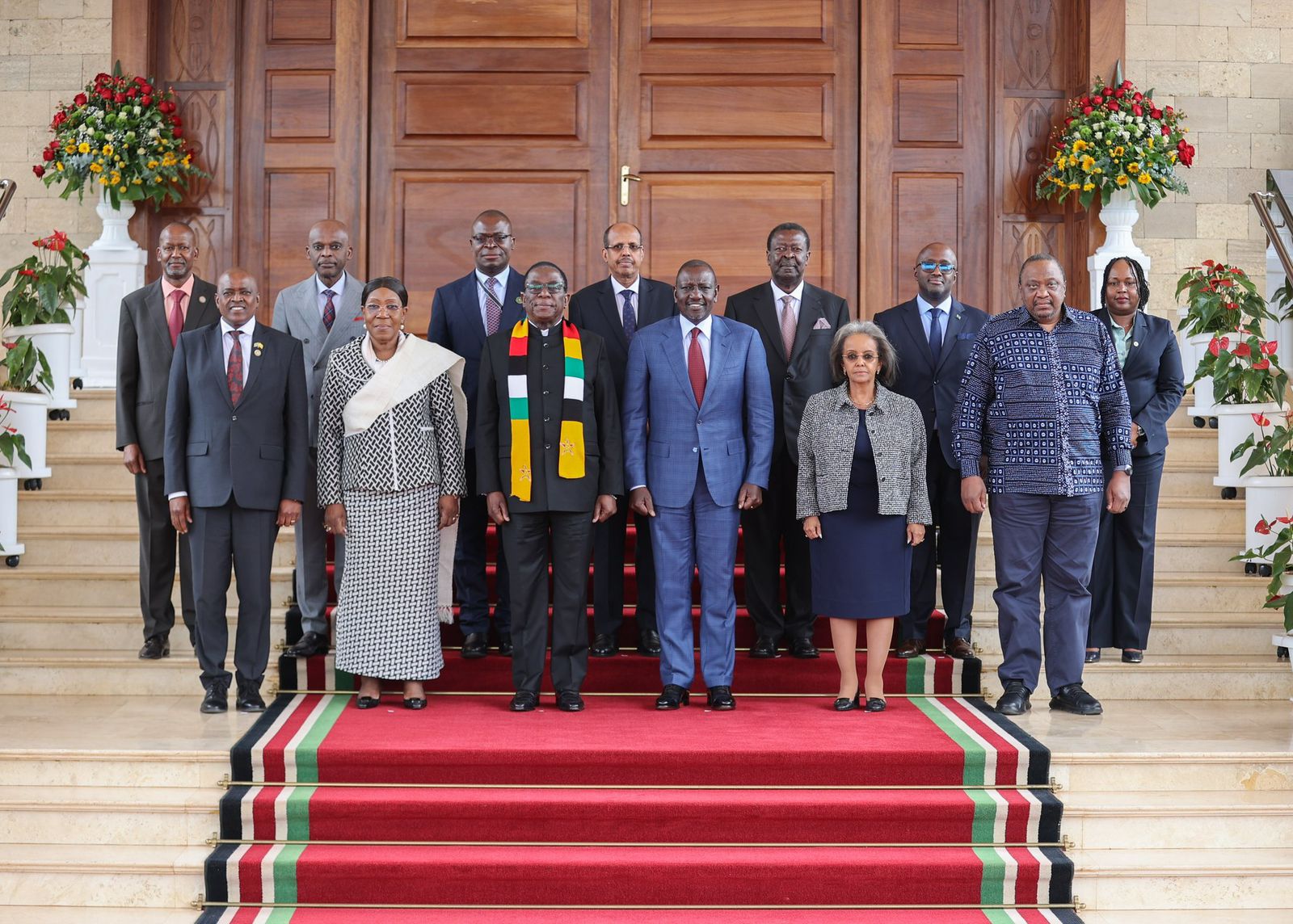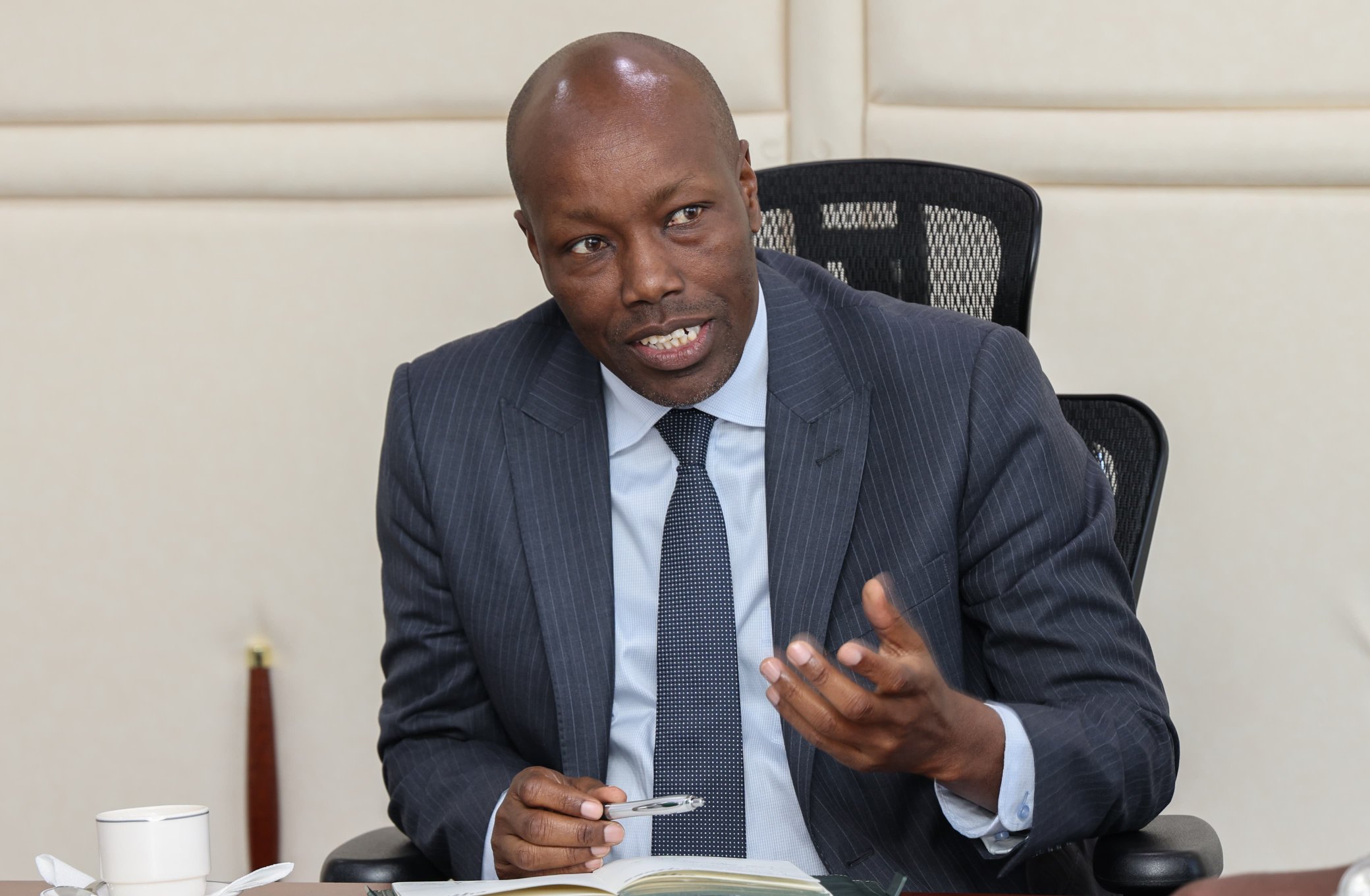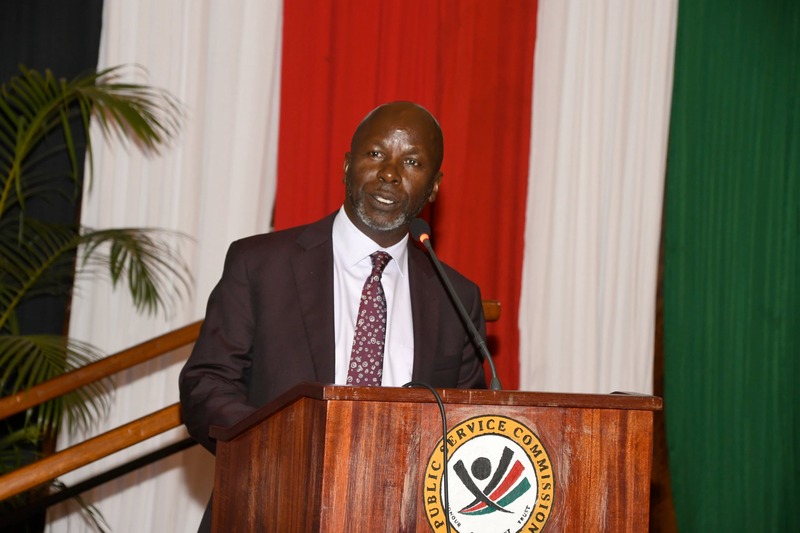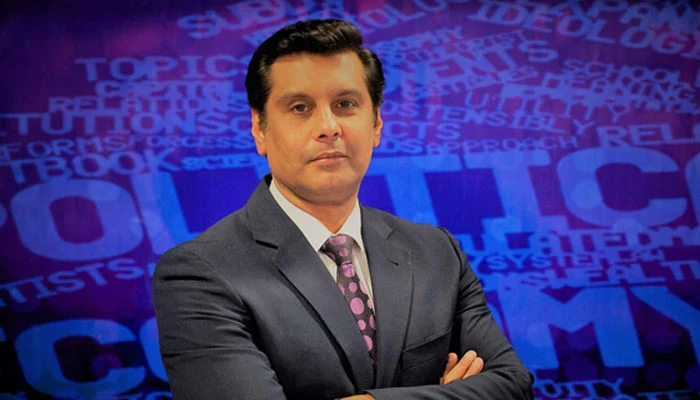Apple announces it has sold three billion iPhones as CEO Tim Cook outlines AI vision

Apple is now pivoting firmly toward the future, with CEO Tim Cook revealing bold plans to embed artificial intelligence at the core of nearly every product and service the company offers.
Apple CEO Tim Cook announced Thursday that the company has officially sold its 3 billionth iPhone since the original model launched in 2007. But alongside the celebration of a legacy device,
Apple is now pivoting firmly toward the future, with Cook revealing bold plans to embed artificial intelligence at the core of nearly every product and service the company offers.
More To Read
- Elon Musk’s xAI to launch text-to-video feature for Grok chatbot in October 2025
- Meta to launch smartwatch with AI, built-in camera in September
- ChatGPT 'therapy sessions' are not private, warns OpenAI CEO Sam Altman
- OpenAI set to launch GPT-5 in August, promises major leap in AI performance
- AI chatbots can boost public health in Africa - why language inclusion matters
- ChatGPT now handles over 2.5 billion prompts a day, OpenAI confirms
“From the first iPhone to our latest innovations, we’ve always focused on enriching lives,” said Cook during Apple’s Q3 2025 earnings call.
“And now, with the incredible opportunities in AI, we’re ready to redefine what personal technology can be all over again.”
What began 18 years ago as a sleek phone with a single button and no App Store has now become an indispensable global tool. Cook also reflected on the milestone with a sense of reverence:
“Three billion iPhones sold. That’s more than just a number, it’s three billion chances to change someone’s day, someone’s world.”
While the first billion units took nearly a decade to reach, the third came in just four years, fueled by a maturing global market, affordable models like the iPhone SE, and expanding manufacturing in India and Vietnam. Currently, India is top of the list of producing the most iPhones used by the US.
The iPhone now sits at the centre of an ecosystem that includes services, wearables, payments, and health tech, each generating billions in annual revenue.
Apple’s AI era: quiet confidence, big ambitions
Cook also emphasised that Apple is now “significantly increasing” investment in AI, with spending rising both in research and infrastructure.
More telling: Apple has quietly acquired seven AI startups in 2025 alone, a break from the company’s typically conservative acquisition strategy.
“AI is not a feature. It’s a fundamental capability,” Cook said.
“We believe Apple Intelligence should reflect the same values that have always defined us: privacy, simplicity, and deep integration.”
What to expect: smarter Siri, on-device AI, and more
Among the expected product shifts:
A revamped Siri, powered by Apple’s large language model, is expected to debut publicly in 2026.
More on-device AI processing to ensure privacy while enabling real-time assistance across messaging, health, media, and productivity.
New developer tools that embed AI capabilities into third-party apps, with a focus on efficiency and ethical data use.
Apple Intelligence, a suite of features previewed at WWDC, will begin rolling out in select devices in September 2025.
Despite speculation in some corners of Silicon Valley that AI could render smartphones obsolete, Cook made clear that Apple sees the iPhone as central, not optional, in the AI era.
“It’s hard to imagine a world where the iPhone doesn’t play a pivotal role,” he said.
“Our goal is to make the iPhone not just smarter, but more intuitive and personal than ever before. We’ve never believed in chasing trends; we believe in building things that last.”
Top Stories Today














































